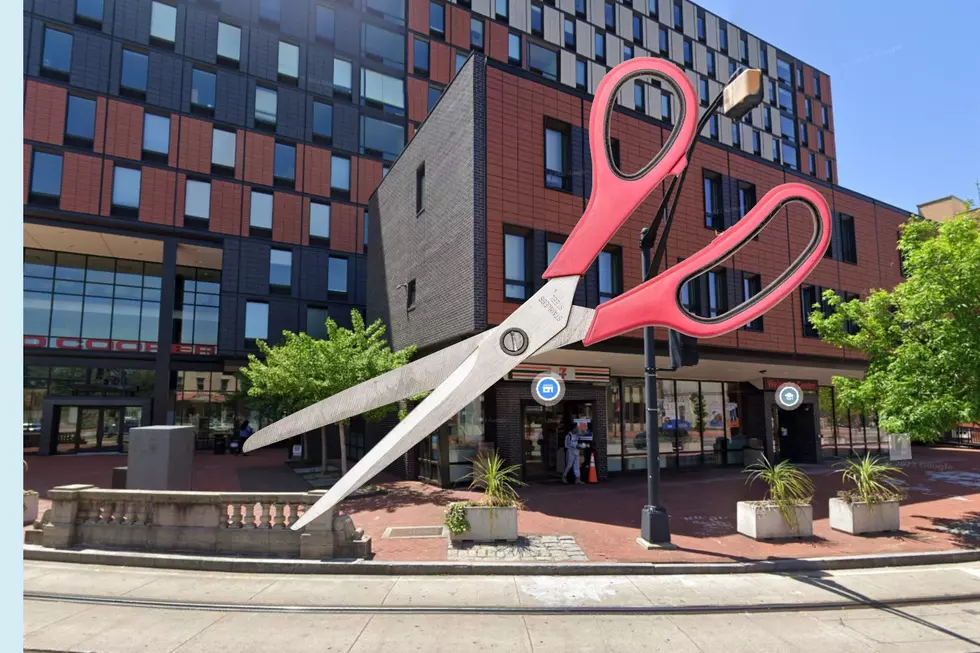
Help Wanted: NJ Dentists for Special Needs Patients
Trenton resident Peter Baronsky waited months for a dental appointment, just so he can get a few cavities filled.
Because the 28-year-old is on the autism spectrum, and therefore can be combative during procedures, his regular provider wasn't equipped to help.
Dentist offices offering general anesthesia, which Barnosky often needs, and staff prepared to take on individuals with disabilities, are few and far between in New Jersey.
Baronsky's father eventually found the Rutgers School of Dental Medicine's Delta Dental of New Jersey Special Care Treatment Center, one of the only clinics in the region with the proper tools and people in place to handle patients with disabilities. Even with a location willing to help, the family still had to wait months to get Baronsky in the chair, since the case wasn't considered urgent.
"There are many barriers to receiving dental care for special needs patients," said Glenn Rosivack, interim chair of the dental school's pediatrics department. "Some are physical: a lack of ramps, doorways that aren't wide enough for gurneys to fit through. Some are due to the fact that many dentists aren't training and willing to treat special needs patients."
The school cites a severe shortage of special needs dentists and a booming population of patients with physical disabilities and behavioral disorders. The dental school recorded 7,757 special needs patient visits in 2017.
As many as 911,300 New Jersey residents are estimated to be living with at least one disability. National statistics suggest 48 percent of patients with disabilities had no dental check-up over the past year, compared to 35 percent of those without a disability.
Dr. Lee M. Lichtenstein, a dentist in Holmdel who serves minors and adults with behavioral and developmental issues, said private offices reserve the right to refuse certain patients, but they generally make this decision based on a lack of skills and training.
Lichtenstein, one of the very few dentists in the country who's double trained as an anesthesiologist, said the more difficult patients handled by his Holmdel office are either heavily sedated or put under general anesthesia.
"So that somebody is asleep and therefore totally cooperative," he explained. "They don't fight, they don't argue, there's no thrashing about."
The office does not use papoose boards to restrain patients. It's set up similar to a hospital operating room, with equipment in place to monitor a patient's blood pressure, temperature and other vital signs.
Since his struggle to find help, Baronsky's father has become an advocate for expanding programs like the one at Rutgers School of Dental Medicine.
More From WPG Talk Radio 95.5 FM










